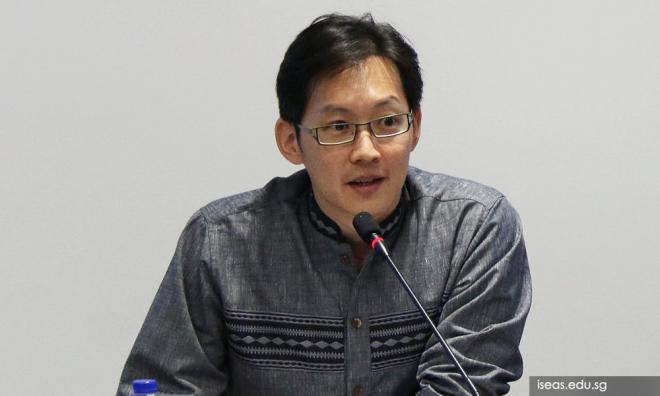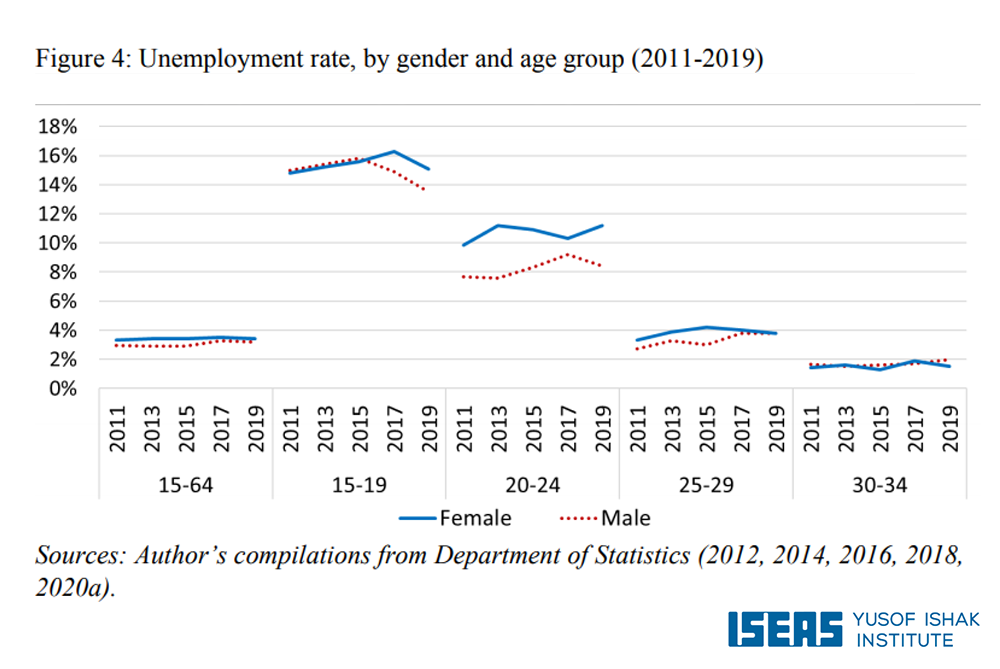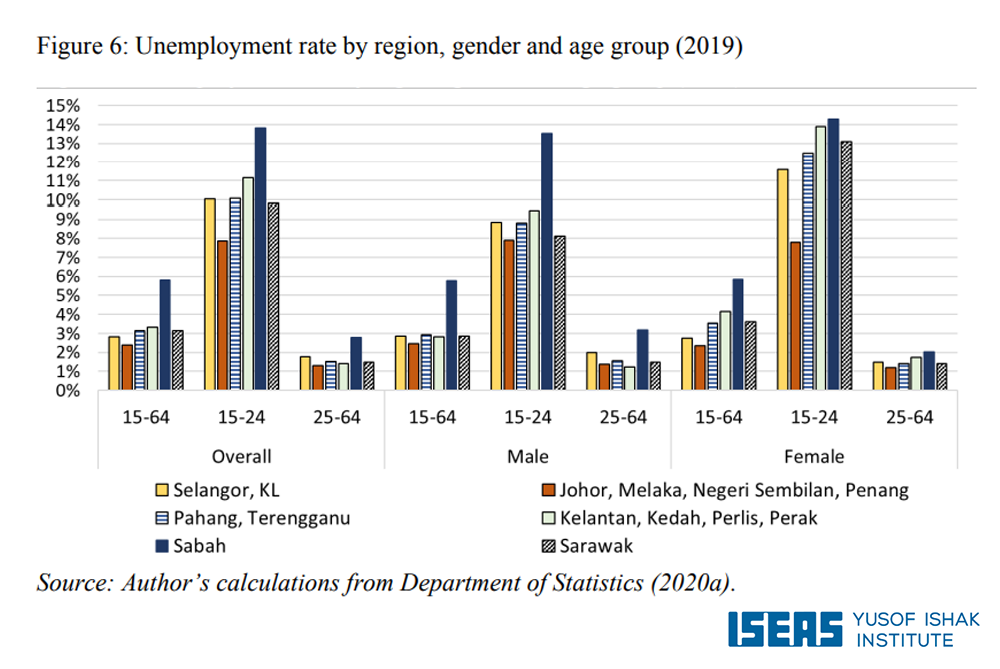
Youth unemployment is set to pose pressing challenges for Malaysia in the near future, said academic Lee Hwok Aun. His recent analysis indicated that high unemployment figures among young Sabahans and Indians were a cause for concern.
Lee (above), who is a senior fellow and co-coordinator at ISEAS-Yusof Ishak Institute in Singapore, pointed to structural problems deriving from low quality of education, skills mismatch, and low-quality jobs.
He said those factors had stressed labour markets in recent years, and he warned that there are trends in certain sectors that could be compounded by an imminent recession sparked by the Covid-19 pandemic.
"Malaysia’s youth unemployment vastly exceeds the other age groups. In 2019, unemployment rates were 14.4 percent for 15-19 year-olds, 9.5 percent for 20-24 year-olds, 3.8 percent for 25-29 year-olds, and under two percent for all other age groups," said Lee, who conducted an analysis based on figures released by the Department of Statistics Malaysia.

Nonetheless, he highlighted that the labour force participation (LFP) of youth – aged 15 to 24 years – had steadily increased over the past decade with the group constituting 17.8 percent of residents and 18 percent of the labour force (Malaysian and foreign).
"While this is overall a positive trend, some specific developments should raise concern," added Lee, who said 15-19 year-olds are more likely to choose work over upper- and post-secondary education in Sabah, which is the state with the country’s highest poverty rate.
"Male youth unemployment is notably high in Sabah, while female youth unemployment is high in most regions. Unemployment has been rising among 20-24 year-olds, particularly in urban areas, and remains persistently high among 15-19 year-olds," he added in his paper 'Unemployment among Malaysia’s Youth: Structural Trends and Current Challenges'.
Considering that the 15-19 age bracket corresponds with upper- and post-secondary study, rising LFP is not necessarily desirable, particularly when these youth are engaged in full-time employment and have no time for education.
"Youth unemployment is most pronounced in Sabah, at 14 percent, followed by the northern peninsular states of Kedah, Kelantan, Perak, and Perlis at 11 percent combined," Lee said.

"The peninsular southern states and Penang, grouped due to economic similarities, registered the lowest unemployment rates, averaging about eight percent," he added.
Taking a look at the ethnic breakdown, Lee zeroed in on the fact that unemployment figures had risen to alarmingly high levels in the young Indian labour force, while labour force participation of Indian young adults had dropped slightly.
"The youth will disproportionately bear the brunt of adverse effects from Covid-19 as young Malaysians are more vulnerable to employment loss in the face of tenuous job growth.
"This is coupled with a focus on worker retention which constrains new recruitment and the increasing share of self-employed individuals who have minimal resources to absorb the downturn," said Lee.
He said the figures underscored the need for Malaysia’s labour markets – as well as education and training systems – to work better for the country’s youth. - Mkini



No comments:
Post a Comment
Note: Only a member of this blog may post a comment.